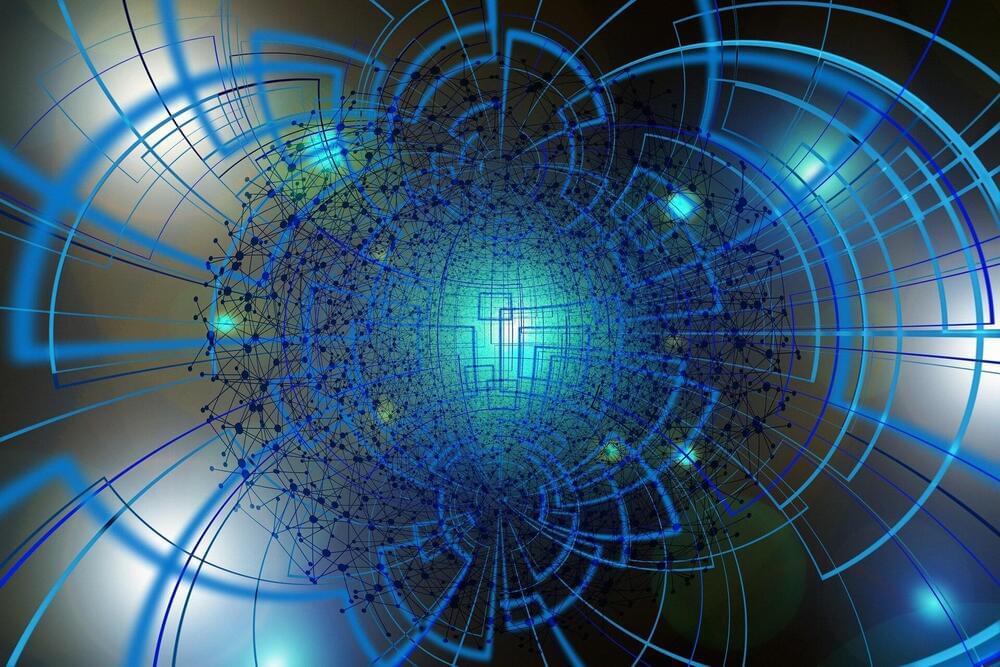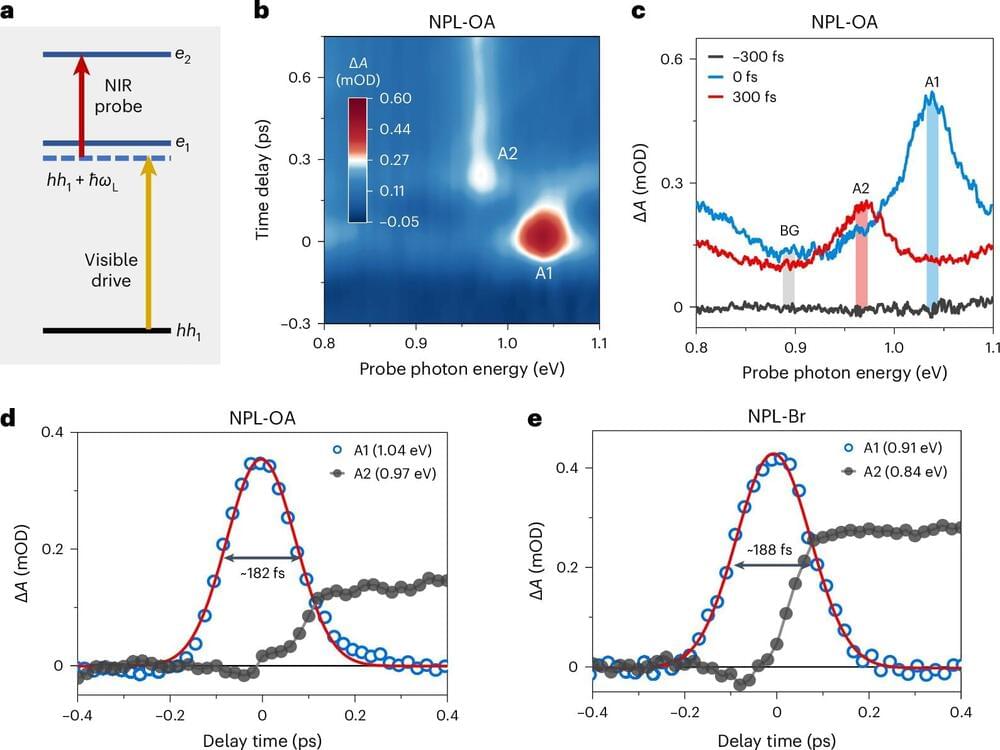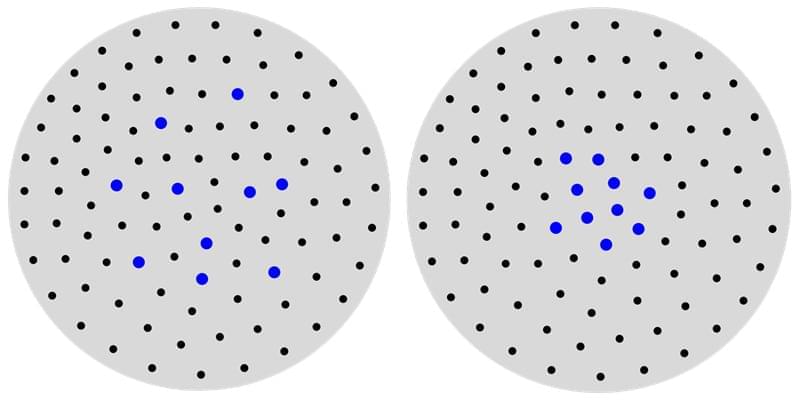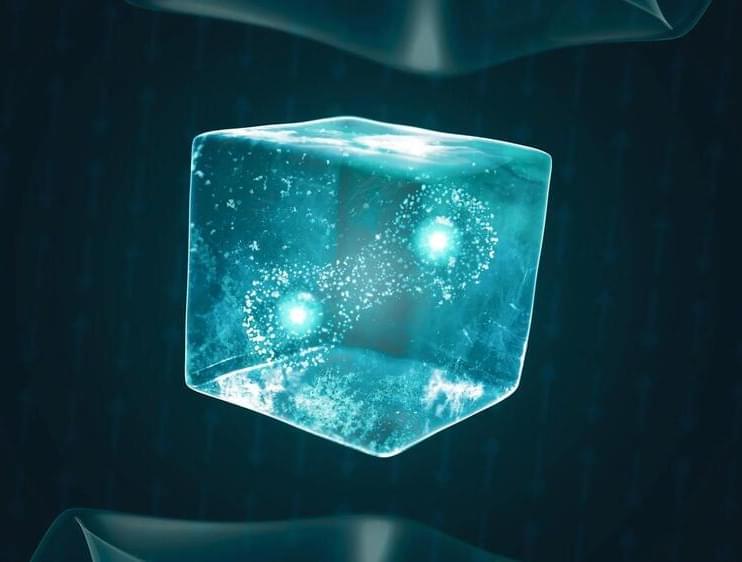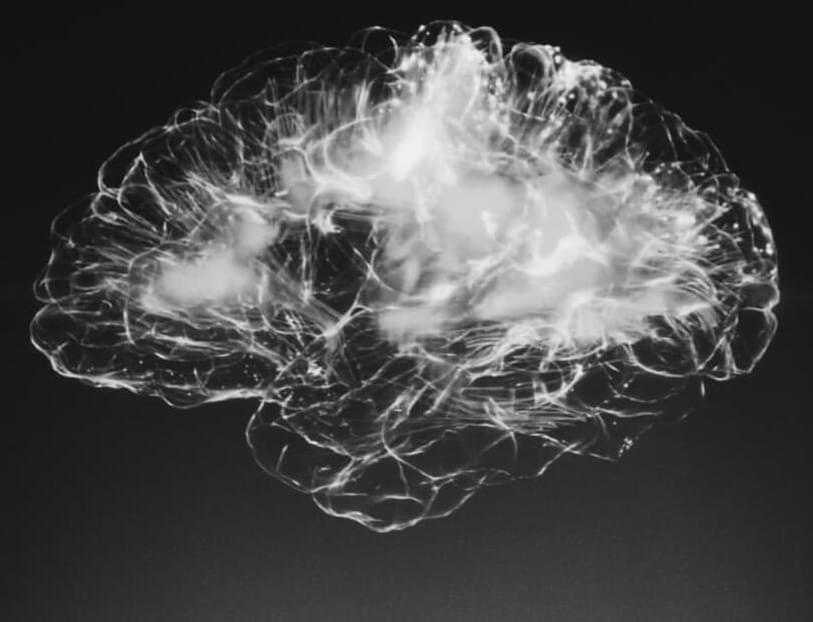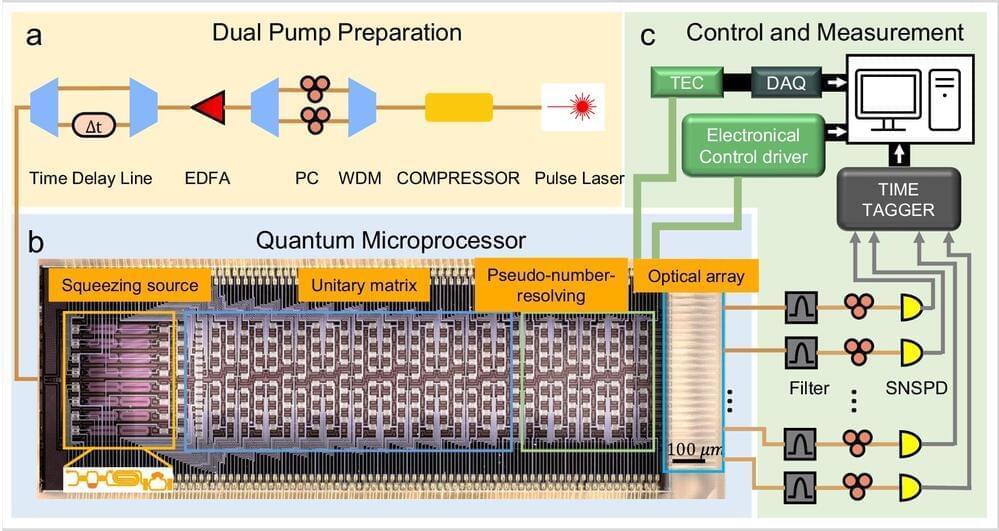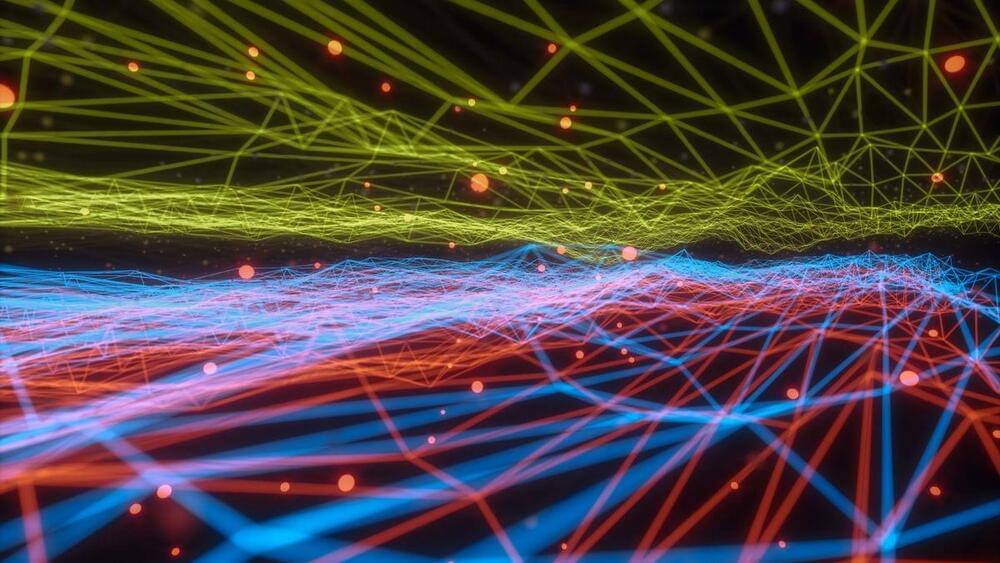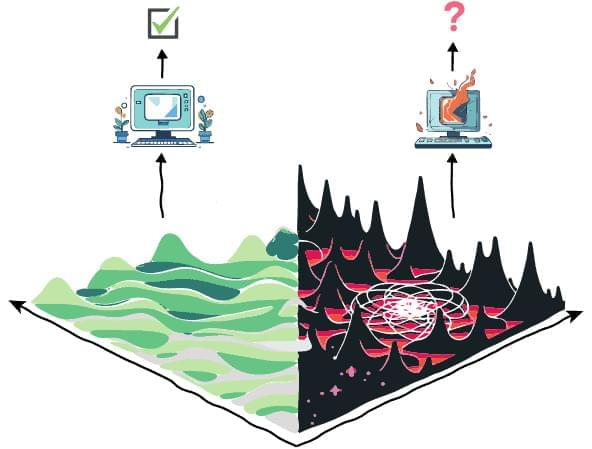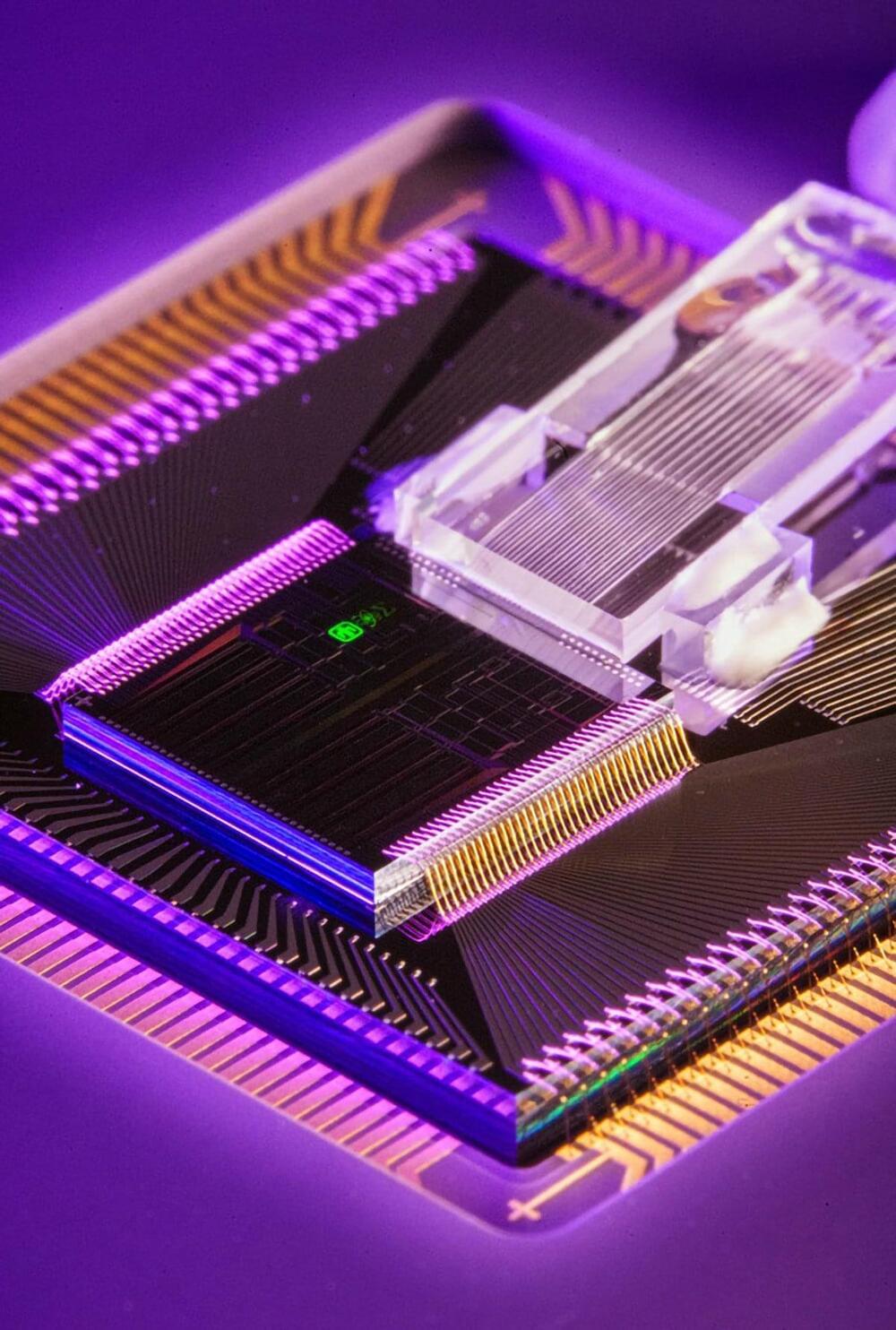
Peel apart a smartphone, fitness tracker or virtual reality headset, and inside you’ll find a tiny motion sensor tracking its position and movement. Bigger, more expensive versions of the same technology, about the size of a grapefruit and a thousand times more accurate, help navigate ships, airplanes and other vehicles with GPS assistance.
Now, scientists are attempting to make a motion sensor so precise it could minimize the nation’s reliance on global positioning satellites. Until recently, such a sensor — a thousand times more sensitive than today’s navigation-grade devices — would have filled a moving truck. But advancements are dramatically shrinking the size and cost of this technology.
For the first time, researchers from Sandia National Laboratories have used silicon photonic microchip components to perform a quantum sensing technique called atom interferometry, an ultra-precise way of measuring acceleration. It is the latest milestone toward developing a kind of quantum compass for navigation when GPS signals are unavailable.
